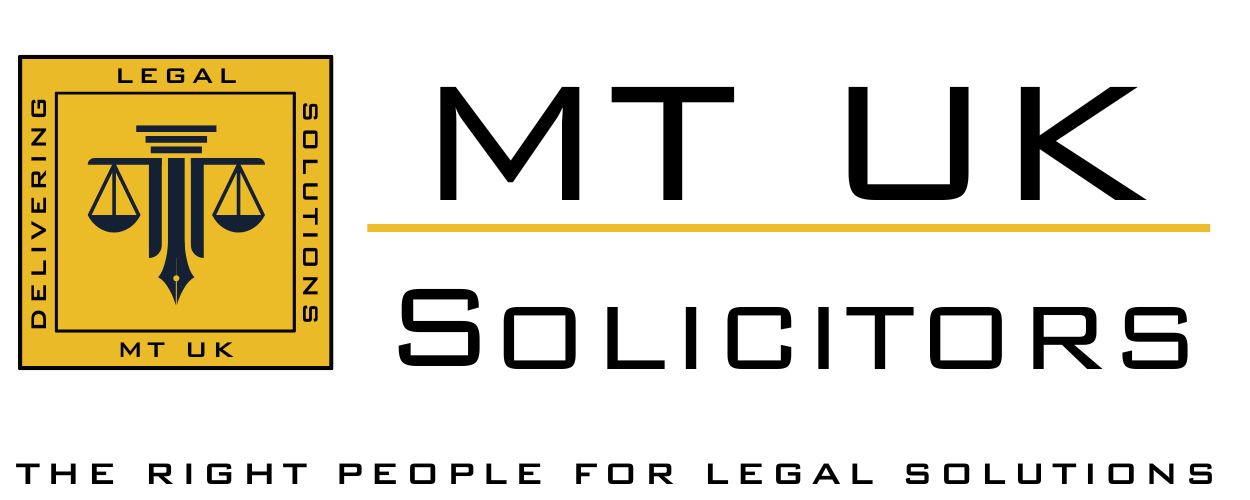By John Hyde >>
(29 July 2019)
The Supreme Court today ruled that the public should be allowed access to all documents placed before the court and referred to during a hearing – but only if applicants can show why they need them.
In Cape Intermediate Holdings Ltd v Dring (for and on behalf of Asbestos Victims Support Groups Forum UK) five justices ruled that the court should be free to grant public access based on the constitutional principle of open justice.
But it did not follow that applicants have an automatic right: a non-party seeking access must explain why they seek it and how granting access will advance the open justice principle. The court will, in future, carry out a fact-specific balancing exercise to take account of factors such as national security, privacy interests or commercial confidentiality.
In lead judgment, Lady Hale said: ‘The default position should be to grant access to documents placed before a judge and referred to by a party at trial unless there was a good reason not to do so. It should not be limited by what the judge has chosen to read.’
Today’s judgment followed a challenge by both sides to the Court of Appeal’s decision to grant the asbestos victims forum limited access to documents from a case were it was not party to proceedings. The Supreme Court ruled that both the appeal from asbestos manufacturer Cape and cross-appeal from the forum were incorrect. It was ruled that the Court of Appeal did have inherent jurisdiction to make its order in support of the open justice principle.
The case came about when Graham Dring, on behalf of the forum, applied in 2017 to see documents which he believed would contain information about the dangers of asbestos and research carried out within the industry.
Solicitor Harminder Bains, of London firm Leigh Day which represented the forum, said the Supreme Court ruling has wide-ranging implications. She said: ‘This is a landmark decision for access to documents to non-parties and a victory for open justice. I hope it will help shed a light on all manner of issues, including the deadly asbestos industry.’
The forum says its aim is now to provide documents to interested parties, including academics, lawyers and members of the public.
Due to the implications of the court case to journalists, The Media Lawyers Association successfully applied to intervene in the case.
As a postcript to the Supreme Court ruling, Lady Hale urged the bodies responsible for framing court rules to ‘give consideration to the questions of principle and practice’ of open justice, and to begin a wider consultation on how to apply rules in future.
(Courtesy: Law Society Gazette)








